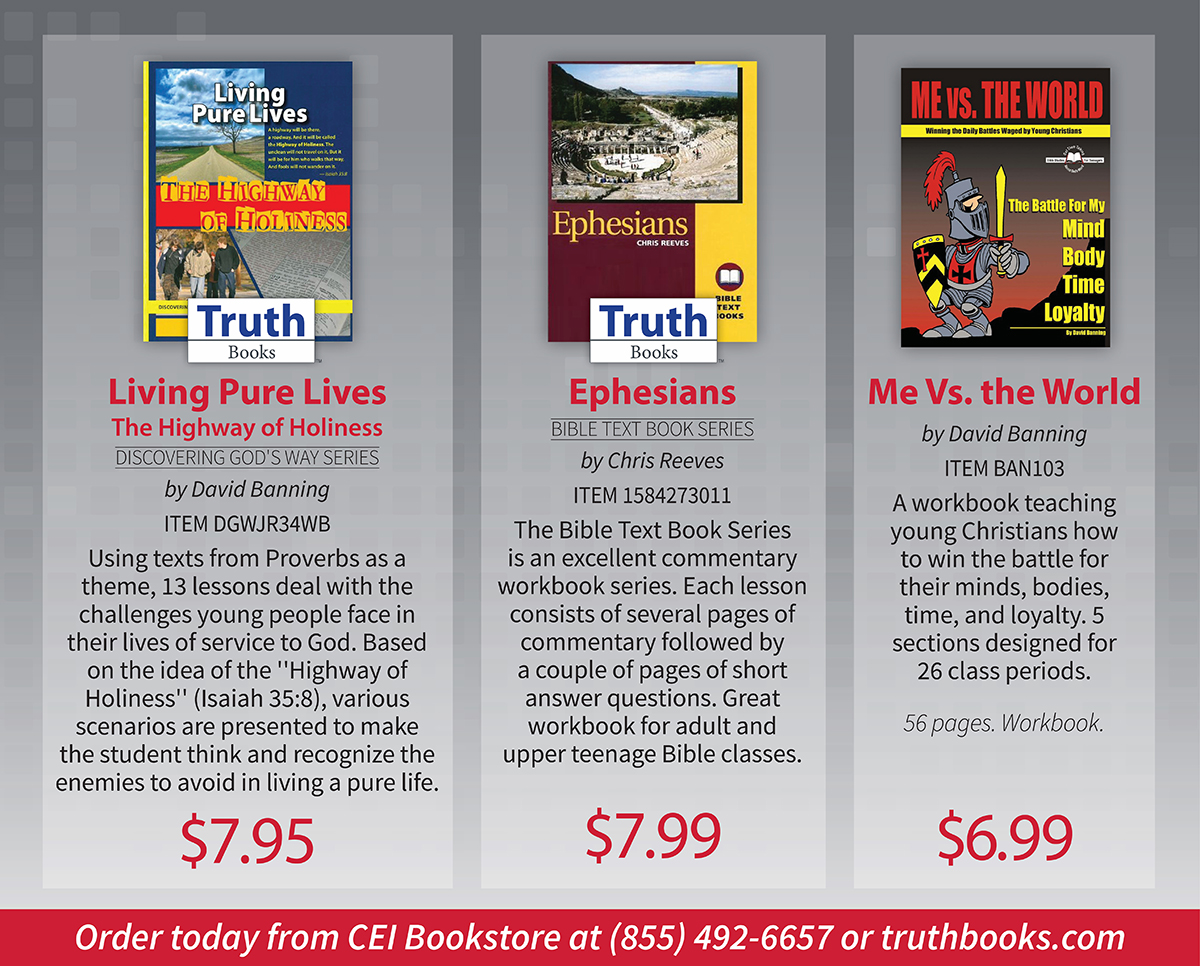

by Kyle Pope
Synopsis: In the fourth Psalm, David says, "Be Angry and Do Not Sin." Kyle reminds us that the sacredness or sinfulness of anger/wrath is determined by its motivation, intent, and expression. It is not wrong to feel passionately about something. However, such strong emotions must be given proper channel and expression.
In the fourth Psalm, David charges the reader, "Be angry, and do not sin. Meditate within your heart on your bed, and be still" (Ps. 4:4, NKJV). The apostle Paul quotes the first part of this verse in his epistle to the Ephesians, and offers either additional instruction or a paraphrase of the last part of the verse, declaring, "Be angry, and do not sin: do not let the sun go down on your wrath" (Eph. 4:26).
This text is often applied in one of two ways. First, we understand it to refer to our behavior when something makes us angry. For example, a car pulls out in front of us on the highway, and in our fear of an accident, we get angry. A repairman cheats us by charging too much, leaving the job undone, or lying to us about work that was done; accordingly, we feel angry and resentful that someone has taken advantage of us. Perhaps, it is an unkind and hurtful word that was spoken to us—our blood boils, the pressure rises, and anger builds within. In such cases, we look at the instruction of the psalmist and the apostle as warnings not to allow this sudden anger to lead us to sin.
Secondly, we also use this text as a justification for righteous indignation. We consider the fact that Jesus, on occasion, was angered by sinful and hypocritical behavior. He drove out the moneychangers with a whip (John 2:15-16), yet Scripture tells us Jesus was "without sin" (Heb. 4:15). From Jesus' example and the words of the psalmist and the apostle, we see that anger alone is not sin but must be controlled, lest it lead us to commit sin.
These applications of this text are valid, but they do not address all that Psalm 4:4 would teach us. The Hebrew word translated "angry" is ragaz, defined, "to be agitated, quiver, quake, be excited, perturbed" (BDB, 919). While the New Testament, in Ephesians 4:26 uses a word that more narrowly addresses anger, ragaz is used variously in Scripture in reference to fear (Exod. 15:14), earthquake (1 Sam. 14:15), dislocation (2 Sam. 7:10), tumultuous waters (Ps. 77:16), and rage (Isa. 37:29). The New American Standard Bible renders this, "Tremble, and do not sin."
Many things in life lead us to agitation and uneasiness. These might include fear, worry, frustration, persecution, hardship, weakness, or anger. What do we do when we have such an unsettled feeling? It is so easy to allow agitation, anxiety, or distress to make us sin! We allow ourselves to see sin as justified. We might say to ourselves, "They wronged me; I'll wrong them." Or, we lose our self-control. The trembling agitation of the moment robs us of the good sense we would normally use to avoid sin. Although it is easy at such times to sin, the psalmist tells us, "Don't do it!" Instead, do two other things: (1) "Meditate within your heart" (i.e., think about it and carefully consider the situation); and (2) "Be still." This is not apathy or a refusal to address a problem. It is simply a matter of calming the raging emotion of the moment to allow a cool evaluation of the situation. How often are the good motives of the heart short-circuited by the hasty movement of the tongue or body, as the mind has become disengaged in the process of rash anger?
James says the same thing in charging us, "Be swift to hear, slow to speak, slow to wrath" (Jas. 1:19). Only a few verses before this, he taught that all sin has an internal beginning in the desires of the heart (Jas. 1:15). Jesus addresses this in its broadest terms. To those who were interested only in external cleanliness, He explains, "What comes out of a man, that defiles a man" (Mark 7:20). Listing a variety of sins, Jesus says, "All these evil things come from within and defile a man" (Mark 7:23).
We will face many things in life that lead us to feel unsettled. The Lord calls us to realize that when we experience these things, the challenge for us, as God's children, is not to let them lead us to sin. We will tremble, shake, be agitated, be angry, or perturbed, but it can and must be that we "tremble, and do not sin."
BDB = Brown, Francis, Samuel Rolles Driver, and Charles Augustus Briggs. Enhanced Brown-Driver-Briggs Hebrew and English Lexicon. Oxford: Clarendon Press, 1977.
Author-Bio: Kyle preaches for the Olsen Park church of Christ in Amarillo, TX. He has written several books published by Truth Publications, including How We Got the Bible. The church website is olsenpark.com. He can be reached at kmpope@att.net.

